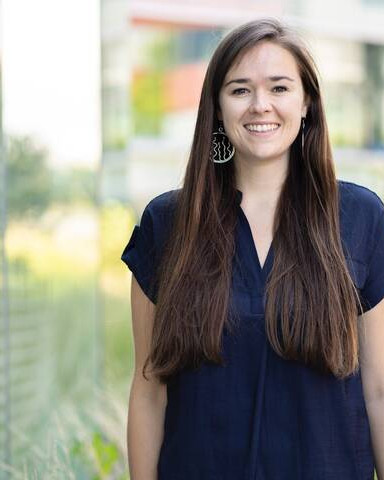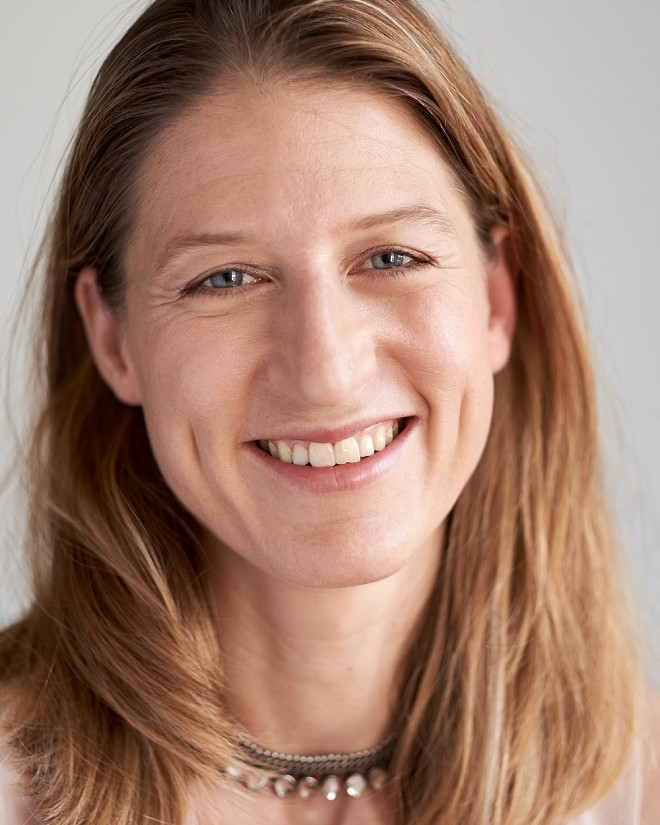Locally led action on climate, peace, and stability: experiences from Latin America, the Middle East, Central and South Asia
Local Actors and Local Communities
Locally led action on climate, peace, and stability: experiences from Latin America, the Middle East, Central and South Asia
- 16/10/2025 @ 13:00 - 14:30
- Online
The climate crisis is not just an environmental issue — it is a risk multiplier that threatens peace and security across regions. From resource scarcity and forced displacement to the erosion of livelihoods and social cohesion, climate impacts are increasingly intersecting with political, economic and social vulnerabilities, particularly in fragile and conflict-affected countries. While climate change is a global issue, effective solutions must be grounded in local contexts.
Building on the experiences of the EU-UNEP Partnership on Climate, Environment, Peace and Security-including channeling funding directly to local actors to empower them to lead and implement climate action, this session will explore and share good practices in locally led, climate-resilient peacebuilding initiatives grounded in nature-based solutions.
Through targeted discussions and interactive exchange, the event will provide a platform for local actors and communities from climate security hotspots in Latin America, the Middle East, and Central and South Asia to share their experiences and lessons learned in addressing environmental and climate-related risks to peace and stability at the local and community levels. Participants will discuss integrated and context-specific approaches that combine climate change adaptation, conflict prevention, and peacebuilding, with a particular emphasis on nature-based solutions.
The session will also identify policy entry points to ensure that local perspectives and experiences inform decision-making at national, regional, and global levels, and to support the scaling up of effective climate-security solutions across and within regions.
Join online
To join this workshop online, click here on 16 October 2025 at 13:00 CET, or register to Geneva Peace Week to receive the full online programme.
Workshop Structure
Introduction & Context
- Moderator Opening by Ms. Annika Erickson-Pearson, Lead, Community of Practice on Environment, Climate, Conflict, and Peace
- Contextual keynote by Dr. Adam Day, Head of the Geneva Office of United Nations University Centre for Policy Research
- Partnership introduction by Ms. Silja Halle, Programme Manager, EU-UNEP Partnership on Climate, Environment, Peace and Security, UNEP
Breakout Discussions
Participants will join two of four regional breakout rooms, each breakout will follow this structure (≈25 minutes per round):
Latin America, facilitated by Mr. Pablo Imbach, Climate Action Lead, CATIE
Middle East, facilitated by Dr. Maya Nehme, Director, Lebanon Reforestation Initiative
Central Asia, facilitated by Dr. Dinara Ziganshina, Director, SIC ICWC
South Asia, facilitated by Dr. Sarala Khaling, Head of Resilient Economies and Landscapes, ICIMOD
After 25 minutes, participants will move to a second breakout group and repeat the process with another region.
Exchange and Q&A
Wrap-up













